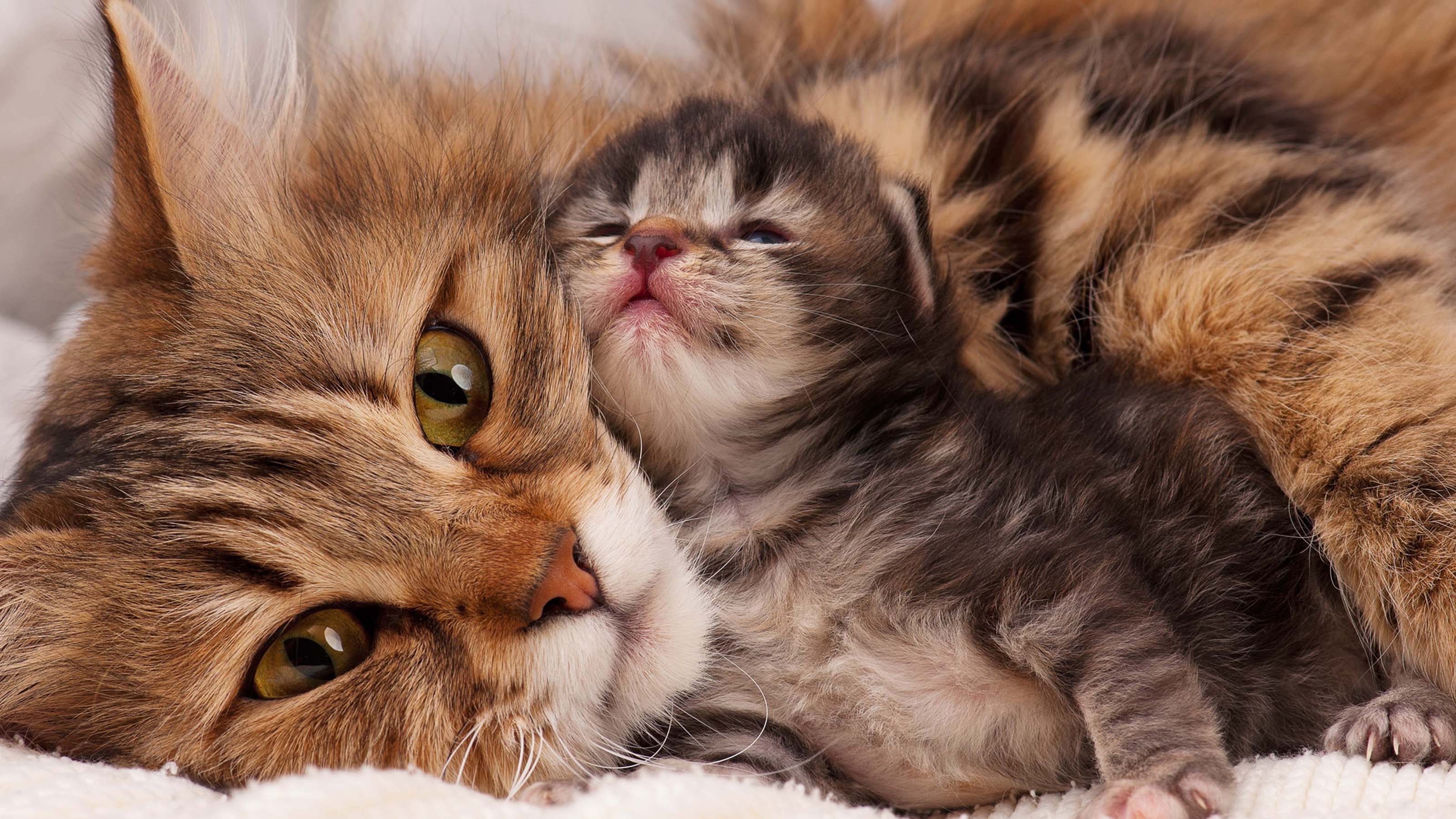
Welcoming a kitten into your home is an exciting and heartwarming experience. These tiny, curious creatures bring joy, affection, and energy into any household. However, raising a healthy and happy kitten requires more than just love and attention. Proper kitten care involves understanding their developmental needs, providing the right nutrition, creating a safe environment, and establishing a routine of veterinary care and socialization. The early months of a kitten’s life are crucial for setting the foundation for lifelong health and behavior. Whether you are a first-time cat owner or adding another feline to your family, understanding the essentials of kitten care is key to a positive and fulfilling experience.
The First Few Weeks: A Critical Stage
The first few weeks of a kitten’s life are a time of rapid growth and learning. During this period, kittens are usually dependent on their mother for warmth, food, and grooming. If a kitten is orphaned or separated from its mother, human caretakers must step in to provide similar support. Newborn kittens need to be kept warm, as they cannot regulate their body temperature. They also need to be fed frequently, typically with a kitten-specific milk replacement formula. Veterinary guidance is essential during this stage, especially to monitor for any health issues or signs of malnutrition.
Weaning and Transition to Solid Food
At around four weeks of age, kittens begin the weaning process and gradually transition from milk to solid food. This is an important milestone in their development. Soft, wet kitten food should be introduced in small amounts, and feeding sessions should be supervised to ensure the kitten is eating properly. Over the next few weeks, kittens will start to eat more independently and explore different textures. During this time, their nutritional needs remain high, so choosing a high-quality food formulated specifically for kittens is crucial. These foods provide the right balance of protein, fat, vitamins, and minerals necessary for growth and development.
Creating a Safe Environment
Kittens are naturally curious and energetic, which makes them prone to getting into trouble. Creating a safe environment is one of the first steps in responsible kitten care. Your home should be kitten-proofed by removing or securing items that could pose a danger, such as electrical cords, small objects that could be swallowed, toxic plants, or open windows. Furniture that can topple or gaps where a kitten could get stuck should also be addressed. Providing designated play areas and comfortable sleeping spots helps kittens feel secure and encourages them to stay in safe zones.
Importance of Socialization
Socialization plays a major role in shaping a kitten’s personality and behavior. Kittens should be gently exposed to different people, sounds, and experiences during the early stages of their life. This helps them grow into confident and adaptable adult cats. Playtime is not just for entertainment—it also builds trust, strengthens bonds, and teaches boundaries. Interactive play with toys that mimic prey encourages natural hunting behaviors in a controlled setting. Gentle handling from a young age makes grooming and veterinary visits easier in the future and reduces the chances of fear or aggression.
Veterinary Care and Vaccinations
Regular veterinary care is essential for ensuring your kitten grows up healthy and protected from disease. A first vet visit should take place within a few days of bringing the kitten home, even if they appear healthy. The vet will check for signs of illness, perform a physical examination, and establish a vaccination schedule. Core vaccinations typically include protection against feline distemper, calicivirus, rhinotracheitis, and rabies. Deworming is also commonly done during the early months, as many kittens are born with intestinal parasites. Spaying or neutering should be discussed with your veterinarian and is usually recommended around five to six months of age.
Flea and Parasite Prevention
Even indoor kittens are at risk of fleas and other parasites. Preventive treatments recommended by your vet can keep your kitten free from fleas, ticks, and worms. It is important to use only products that are safe for kittens, as some treatments designed for adult cats can be harmful to younger animals. Regular grooming and skin checks also help detect any infestations early. Ensuring a clean living environment, including washing bedding and vacuuming regularly, reduces the chances of recurring problems.
Litter Training and Hygiene
Most kittens learn to use a litter box by observing their mother natuurMuseum or following instinct. However, young kittens may need a little guidance at first. A shallow litter box placed in a quiet, accessible area helps them understand where to go. Unscented, non-clumping litter is often safest for kittens who might try to taste or play in the litter. Positive reinforcement, such as gentle praise, encourages good litter habits. The box should be cleaned daily to maintain hygiene and prevent any aversion to using it. If a kitten avoids the box, it may indicate a health issue or environmental stress that needs to be addressed.
Grooming and Physical Care
Even though kittens groom themselves, they benefit from gentle brushing to reduce shedding and hairballs, especially if they have medium or long fur. Getting a kitten used to being brushed, having their paws touched, and their ears examined helps with future grooming and vet visits. Nail trimming can begin when the kitten is comfortable being handled, and should be done with proper tools to avoid injury. Bathing is rarely necessary unless the kitten is very dirty or has a skin condition. Always use products specifically made for kittens, as their skin is sensitive and can react to harsh chemicals.
Emotional Well-being and Bonding
Caring for a kitten also means nurturing their emotional development. Consistent routines help kittens feel secure and adjust more easily to new surroundings. A calm and loving environment encourages trust and strengthens the bond between you and your kitten. Providing toys, climbing structures, scratching posts, and hiding spots supports both play and relaxation. Talking softly, using your hands gently, and spending time with your kitten each day builds confidence and companionship. Patience is important, as kittens may need time to adjust and learn. With love, guidance, and attention, they will grow into happy and affectionate adult cats.


